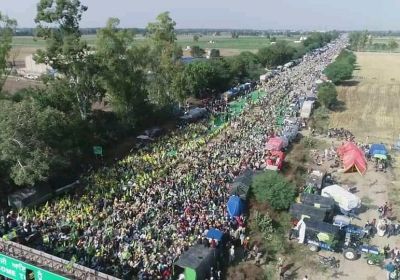
The Stop Adani campaign, which is fighting the development of Adani’s new coal mine in Central Queensland, has released the following statement in solidarity with the peaceful protests by farmers in India.

The Stop Adani campaign, which is fighting the development of Adani’s new coal mine in Central Queensland, has released the following statement in solidarity with the peaceful protests by farmers in India.

Despite police repression and the COVID-19 pandemic, workers, farmers and their allies participated in a nationwide strike against recent neoliberal reforms pushed through by Prime Minister Narendra Modi. People's Dispatch reports.
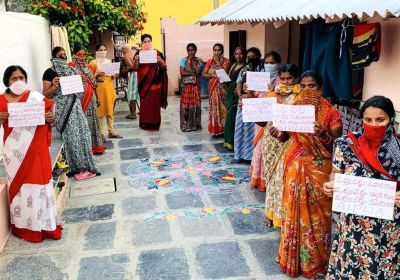
Muslims in India are suffering disproportionately from the COVID-19 pandemic, due to communalism and discrimination whipped up by Narendra Modi's right-wing government, writes Kavita Krishnan.
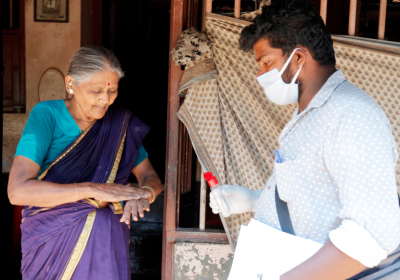
The Left Democratic Front-governed Indian state of Kerala's reaction to the coronavirus virus outbreak is now being hailed as an international example for COVID-19 control, writes Karthik Preyeswary.

Long-time feminist and socialist Kavita Krishnan speaks on the failure of Narendra Modi’s government to act to contain the COVID-19 pandemic and its unplanned and draconian lockdown, which is compounding the threat to the lives of millions of India’s poorest and most marginalised people.
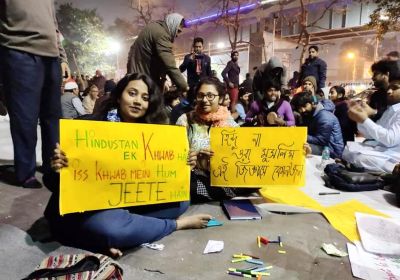
Mobs of Hindu nationalists targeted protesters opposed to the Narendra Modi government's racist Citizenship (Amendment) Act (CAA) on February 23.
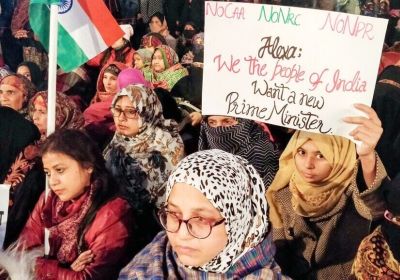
On a one-kilometre strip of road in Delhi’s Shaheen Bagh neighbourhood, hundreds of people, predominantly Muslim women are holding a dharna — a non-violent, sit-in protest against the Narendra Modi BJP government's fascist citizenship laws — which has inspired a new mass pro-democracy movement.

Students, mostly from leftist unions, at Jawaharlal Nehru University (JNU) in New Delhi were brutally attacked on campus in an ambush led by a mob of right-wing thugs on January 5.

A few days after Diwali, Delhiites woke up to find the city enveloped by thick smoke and haze, forcing authorities to declare a health emergency.
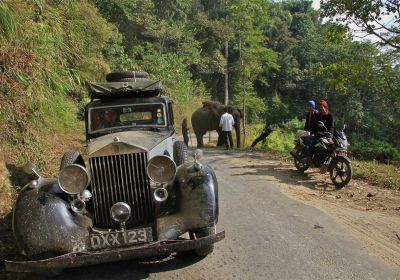
In 2011, retired British lawyer Rupert Grey and his wife Jan set off on a driving tour of India — in a 1936 Rolls Royce that he had inherited from his father. Filmmaker Oliver McGarvey tagged along for the six-month journey across mountains, deserts, through civil war zones and bureaucratic snafus.

The English word “loot” is derived from the Hindi word lut, which means to steal, especially by plunder in time of war.
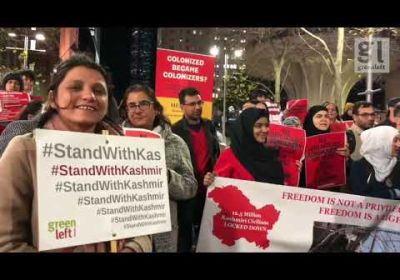
Activists rallied in solidarity with the people of Kashmir in Sydney on August 9 and 11. The protest was organised by the Pakistan Association of Australia.